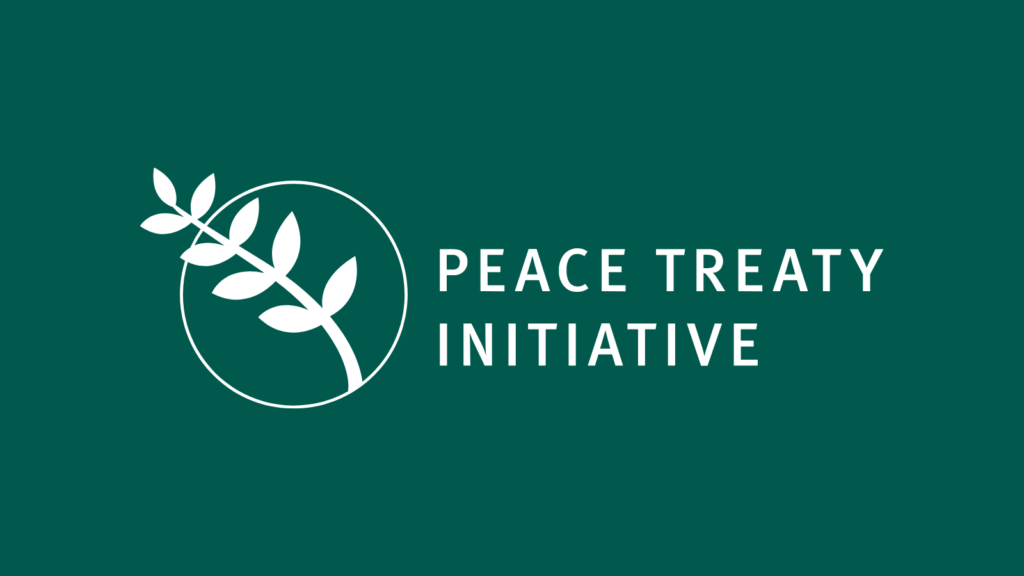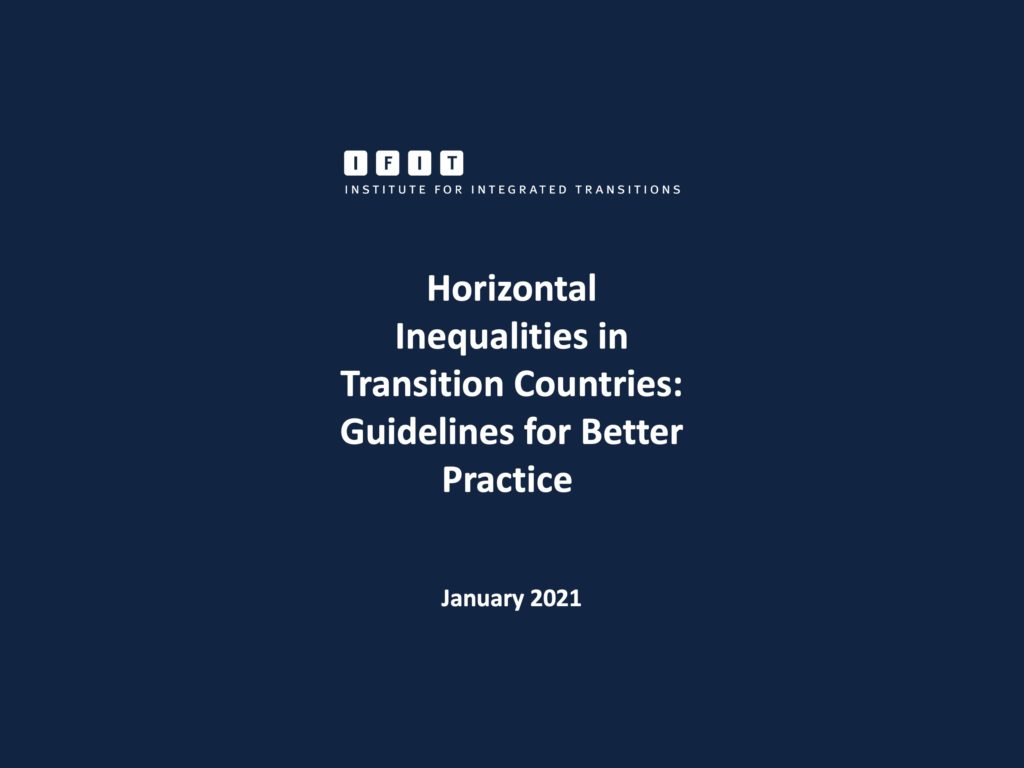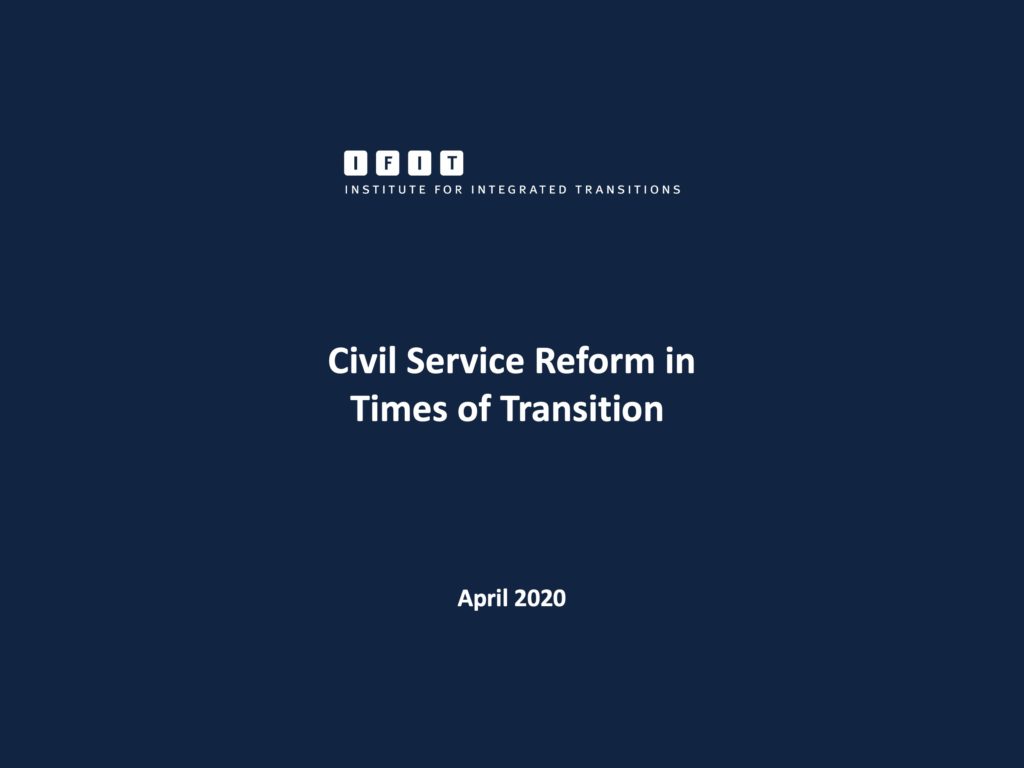Publication
/ Transition Assistance
Interim Governments: Lessons and Guidelines
As seen in recent transition contexts such as Sudan, Pakistan and Haiti, an interim government can serve as an important bridging or stabilising mechanism in times of crisis and dramatic change.
Interim governments are created under diverse circumstances, including regime collapse, negotiated agreement, special election, or international intervention. They can arise at the national or subnational level, and can have a myriad of compositions: national, international or mixed; one party or power-sharing; civilian, military or hybrid. Their mandates range from providing or restoring basic state services to special tasks such as the preparation of a new constitution or the introduction of economic reform.
This IFIT practice brief focuses exclusively on situations where the interim government is a product of negotiations between two or more political actors transitioning out of a severe crisis, armed conflict or authoritarian regime. It offers practical recommendations for policymakers on the two central dimensions of negotiated interim governments: composition and mandate.
The DOI registration ID for this publication is: https://doi.org/10.5281/zenodo.10474312
You may also be interested in
![IFIT Peace Treaty Initiative]()
Public Commentary
/ 11 November 2020
Building the International Law of Peace
By Mark Freeman / IFIT Executive Director
![]()
publication /
Transition Assistance
Horizontal Inequalities in Transition Countries: Guidelines for Better Practice
Available in:
-
Español
![]()
publication /
Transition Assistance
Civil Service Reform in Times of Transition
Available in:
-
Español
![]()
publication /
Transition Assistance
Building Peace from the Middle
Available in:
-
Español
![]()
publication /
Transition Assistance
Entrepreneurs as Peacebuilders in Fragile States
As seen in recent transition contexts such as Sudan, Pakistan and Haiti, an interim government can serve as an important bridging or stabilising mechanism in times of crisis and dramatic change.
Interim governments are created under diverse circumstances, including regime collapse, negotiated agreement, special election, or international intervention. They can arise at the national or subnational level, and can have a myriad of compositions: national, international or mixed; one party or power-sharing; civilian, military or hybrid. Their mandates range from providing or restoring basic state services to special tasks such as the preparation of a new constitution or the introduction of economic reform.
This IFIT practice brief focuses exclusively on situations where the interim government is a product of negotiations between two or more political actors transitioning out of a severe crisis, armed conflict or authoritarian regime. It offers practical recommendations for policymakers on the two central dimensions of negotiated interim governments: composition and mandate.
The DOI registration ID for this publication is: https://doi.org/10.5281/zenodo.10474312
You may also be interested in

Public Commentary / 11 November 2020
Building the International Law of Peace

publication / Transition Assistance
Horizontal Inequalities in Transition Countries: Guidelines for Better Practice
- Español

publication / Transition Assistance
Civil Service Reform in Times of Transition
- Español

publication / Transition Assistance
Building Peace from the Middle
- Español



